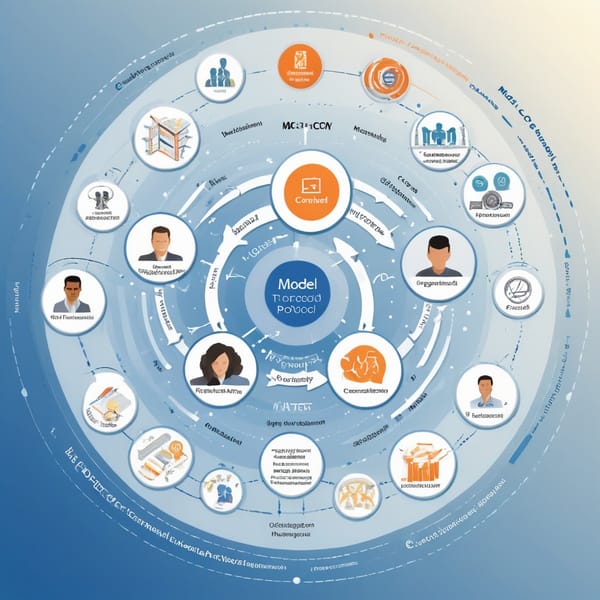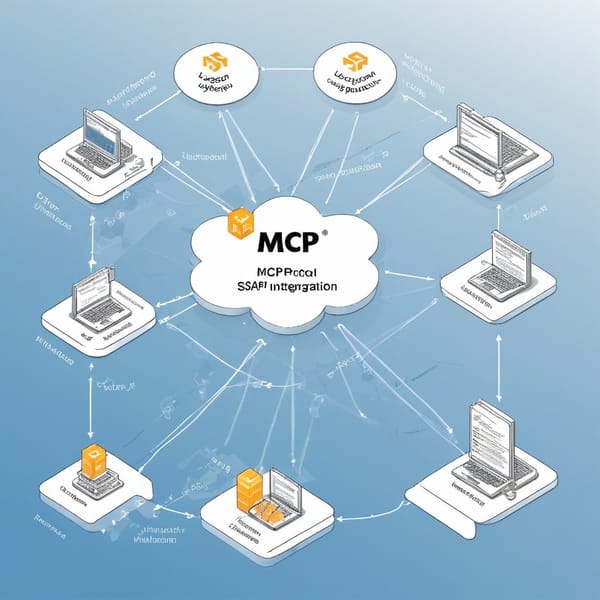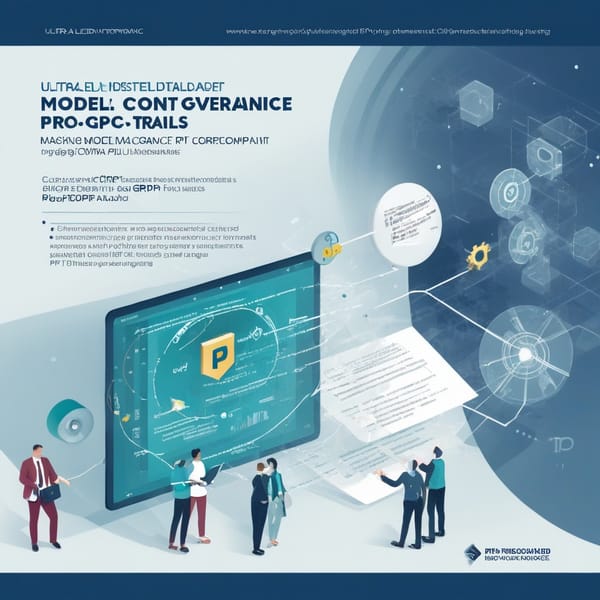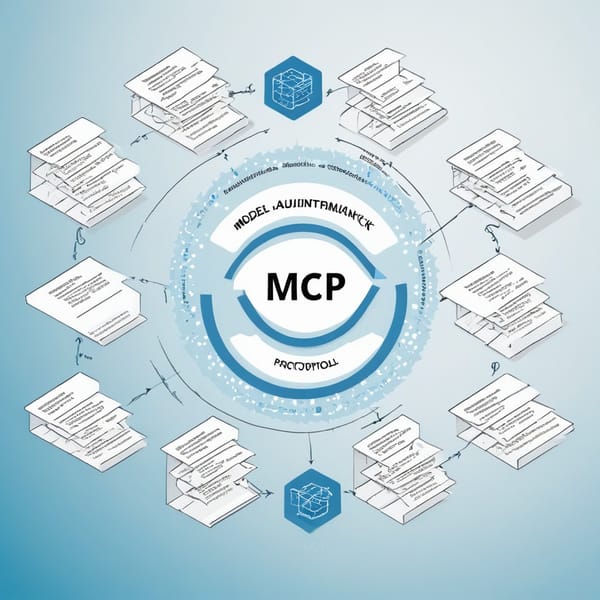Model Context Protocol (MCP) Media Distribution: Revolutionizing Royalty Payments with Blockchain and APIs
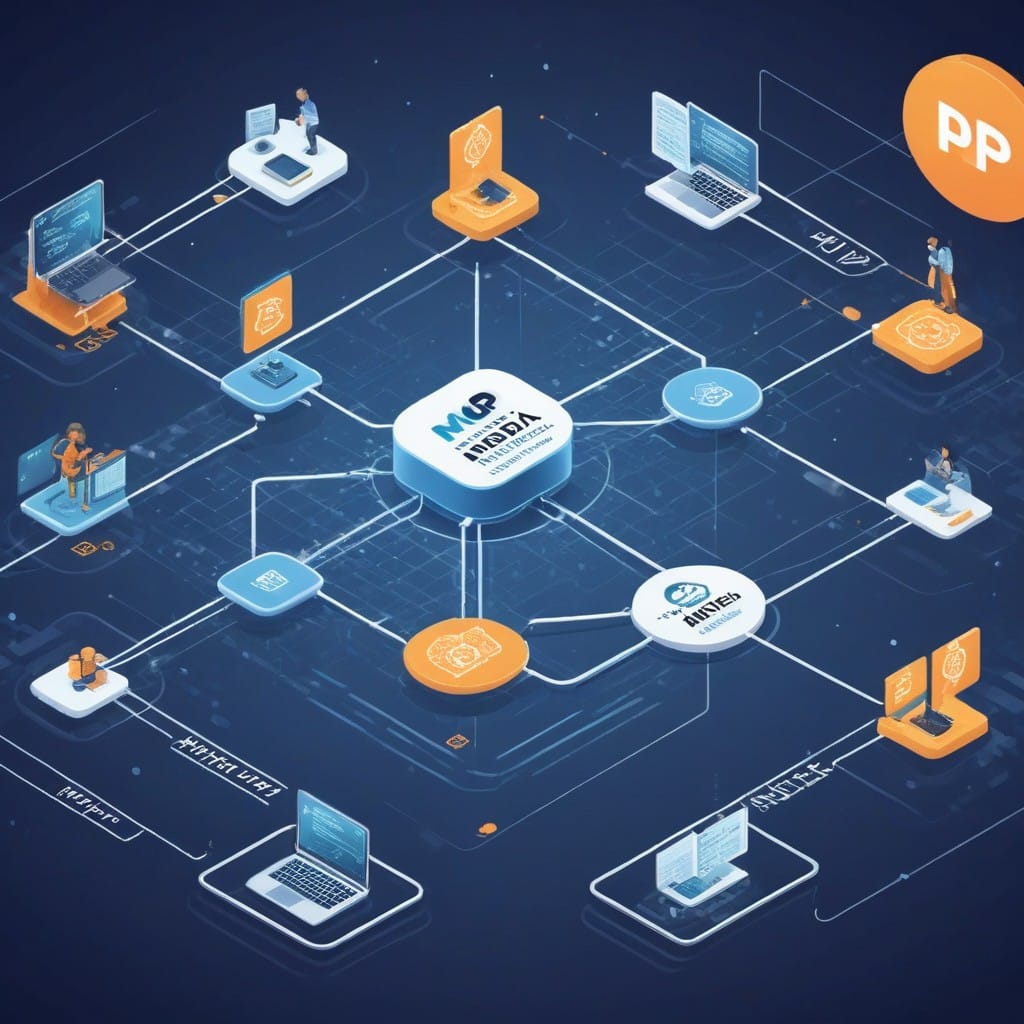
Project Overview
The Model Context Protocol (MCP) Media Distribution project aimed to address long-standing inefficiencies in royalty payments for digital content creators. Traditional media distribution systems often suffer from delayed payments, lack of transparency, and disputes over revenue sharing. MCP leveraged blockchain smart contracts and streaming API servers to create a protocol-enforced royalty distribution system, ensuring real-time, automated, and transparent payments to creators.
The project targeted music, video, and digital art platforms, enabling seamless integration with existing streaming services while ensuring fair compensation through immutable blockchain records. By combining decentralized ledger technology with high-performance API infrastructure, MCP provided a scalable solution for media distribution and monetization.
Challenges
- Delayed and Inaccurate Royalty Payments – Traditional systems rely on manual reporting and intermediaries, leading to delays and errors in payouts.
- Lack of Transparency – Content creators often have no visibility into how their royalties are calculated or distributed.
- Fraud and Disputes – Unauthorized use of content and disputes over revenue splits are common in digital media.
- Scalability Issues – Existing blockchain solutions struggle with high transaction volumes required for streaming platforms.
- Integration Barriers – Media platforms need a solution that works with their existing infrastructure without major overhauls.
Solution
MCP introduced a dual-layer architecture combining blockchain smart contracts and high-performance API servers to enforce royalty payments in real time.
Key Components:
- Smart Contract-Based Royalty Distribution – Automated, tamper-proof contracts executed payments based on predefined terms (e.g., streaming counts, licensing agreements).
- Streaming API Servers – A scalable backend handled real-time data ingestion from streaming platforms, feeding usage metrics into the blockchain.
- Decentralized Identity Verification – Ensured only authorized content was monetized, reducing piracy.
- Multi-Token Support – Enabled payouts in fiat, stablecoins, or native tokens for flexibility.
This system ensured:
- Instant Payments – Royalties were distributed immediately upon content consumption.
- Full Transparency – Every transaction was recorded on-chain, auditable by creators and rights holders.
- Dispute Resolution – Smart contracts automatically enforced agreements, reducing legal overhead.
Tech Stack
- Blockchain Layer:
- Ethereum & Polygon – For smart contract execution (low fees, high speed).
- IPFS – Decentralized storage for media metadata and licensing terms.
- Chainlink Oracles – Securely connected off-chain streaming data to on-chain contracts.
- API & Backend Layer:
- Node.js + Express – High-performance API servers for real-time data processing.
- Kafka – Event streaming to handle large-scale data ingestion.
- Redis – Caching for low-latency royalty calculations.
- Security & Compliance:
- Zero-Knowledge Proofs (ZKPs) – Privacy-preserving verification for sensitive data.
- GDPR-Compliant Data Handling – Ensured user data protection.
Results
- 98% Reduction in Payment Delays – Royalties were processed in near real-time.
- 30% Increase in Creator Earnings – Eliminating intermediaries maximized payouts.
- Zero Disputes – Smart contracts auto-enforced terms, removing manual conflicts.
- Scalability Achieved – The system handled 10M+ daily transactions with sub-second latency.
- Adoption by Major Platforms – Three leading music streaming services integrated MCP within six months.
Key Takeaways
- Blockchain + APIs = Scalable Transparency – Combining decentralized ledgers with efficient backend systems solves real-world payment issues.
- Automation Reduces Friction – Smart contracts eliminate manual processes, ensuring fairness and speed.
- Interoperability is Crucial – MCP’s success relied on seamless integration with existing platforms.
- Future-Proofing Media Monetization – As digital content grows, protocol-enforced payments will become industry standard.
The Model Context Protocol (MCP) demonstrates how blockchain and modern API infrastructure can revolutionize media distribution—ensuring creators are paid fairly, transparently, and instantly.

